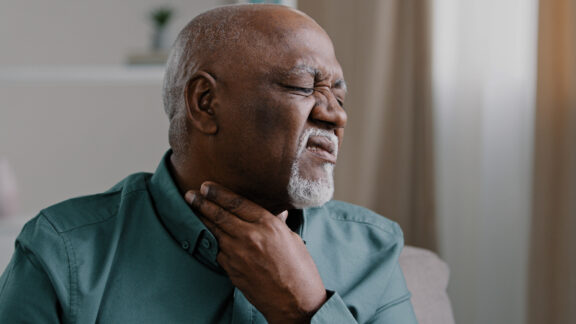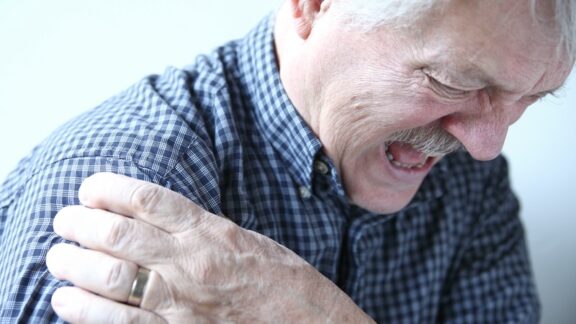Aging makes tasks harder as our bodies experience muscle loss, decreased strength, and reduced flexibility. These inevitable changes can make everyday activities more difficult. As we age, the changes affect mobility, balance, and endurance, making daily life more challenging. Dr. Howard LeWine of Harvard Health explains.
Question: Why do everyday activities become more of a struggle later in life?
Answer: As we age, our bodies go through changes that can affect strength, flexibility, and overall mobility, often starting earlier than expected. Here are some age-related changes to be aware of.
How aging makes tasks harder
Muscles shrink. Muscle loss begins in your mid-30s, at a rate of 1% to 2% a year. While that may not sound like much, these little changes make a difference over the years, contributing to achy joints, injuries, and weight gain — all of which can make daily activities more challenging. As you get into your 60s and 70s, muscle loss can accelerate to as much as 3% a year.
Strength wanes. One result of muscle loss is a decrease in strength, making activities like walking, getting out of a chair, and climbing stairs more difficult. Beginning in your mid-30s, you lose about 1.5% of your strength a year, and that rate accelerates as you get older.

Power declines. As muscles shrink, you lose not only strength, but also power, your body’s ability to exert force or strength quickly. Power plummets at more than twice the rate of strength — 3.5% a year for power compared to 1.5% for strength. Reductions in power make it harder to get across a street before the light changes, hoist a heavy bag of groceries, or catch yourself when you stumble.
Aerobic capacity decreases. A 25-year-old heart can pump 2.5 quarts of blood a minute, but after age 30, heart and lung function begin to decline at a rate of about 10% per decade. A 65-year-old heart pumps about 1.5 quarts of blood a minute. The capacity drops to about 1 quart for 80-year-olds. These changes affect your endurance.
Joints stiffen. A decrease in flexibility and range of motion makes tasks like reaching overhead and stooping down problematic. Nearly 20% of older adults have difficulty reaching something on a high shelf, while 51% are challenged when they drop something and have to bend down to pick it up. Flexibility in the hip and shoulder joints declines about 6° per decade from age 55 to 85.
Balance wobbles. According to a study in the British Journal of Sports Medicine, 54% of people in their early to mid-70s weren’t able to balance on one leg for 10 seconds without holding on to something. As you become less steady on your feet, tasks like going downstairs, navigating around obstacles, and traversing uneven surfaces become more difficult, and you’re more likely to fall.
Work to maintain functional fitness
Functional fitness is a powerful tool for maintaining strength, mobility, and independence as you age. By staying active and following safety guidelines, you can slow down some of these age-related changes and continue to enjoy a healthy, fulfilling lifestyle well into your later years.
Howard LeWine, M.D., is an internist at Brigham and Women’s Hospital in Boston and assistant professor at Harvard Medical School. For additional consumer health information, please visit www.health.harvard.edu.
Read more like aging makes tasks harder:
A Positive Attitude on Aging Has a Positive Effect
©2024 Harvard University. For terms of use, please see https://www.health.harvard.edu/terms-of-use. Distributed by Tribune Content Agency, LLC.




